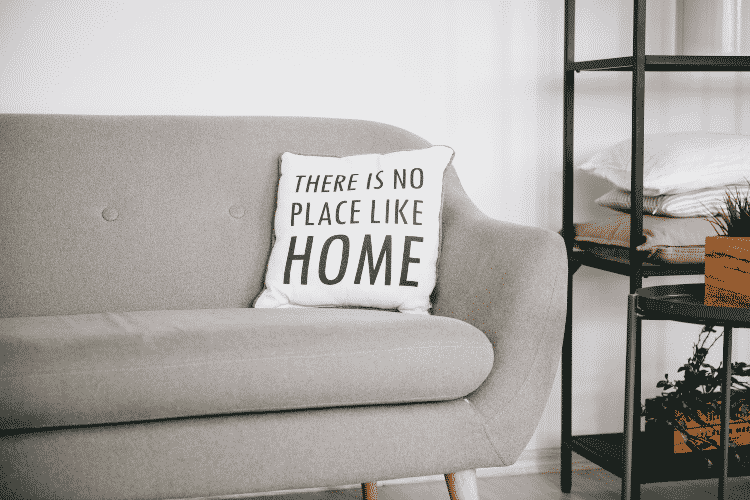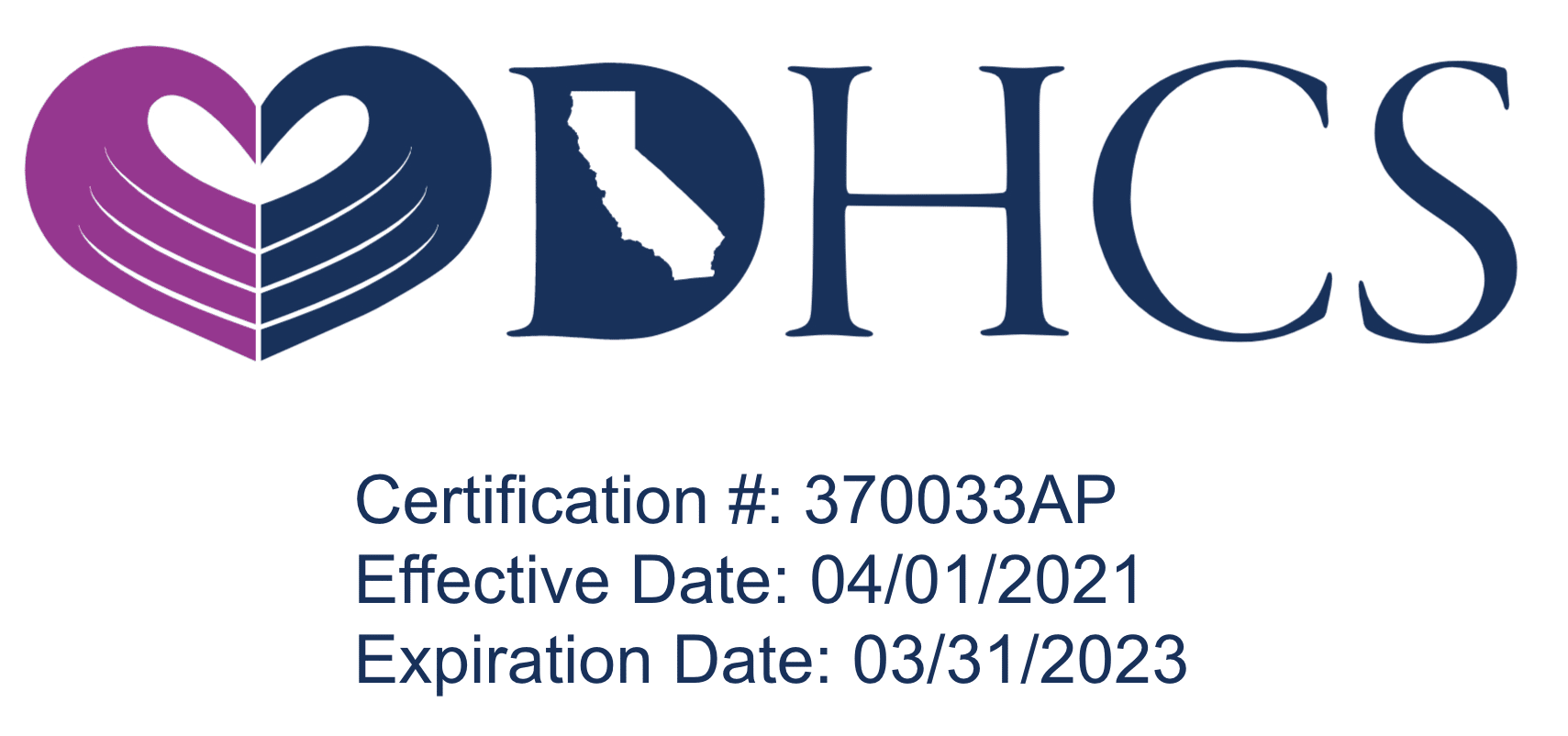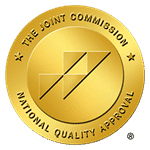Outpatient Treatment
Call Now
Our Program Can Be As Little As 30 Days And Up To 365 Days
San Diego Outpatient Rehab
At Healthy Life Recovery, we provide the treatment you need to overcome addiction and to achieve sober living. Our outpatient rehab in San Diego is designed to assist patients with maintaining their personal commitments while receiving the necessary care to remain sober. People who have completed detox and medication-assisted treatment will most likely need assistance transitioning back into society. We recognize that staying sober does not come easy, which is why our outpatient program can help individuals obtain a drug-free lifestyle.
We offer multiple levels of outpatient care to ensure that our clients are matched with a personalized program that meets their unique needs. Whether they are looking for a Partial Hospitalization Program that meets every day and is supported by a sober and supportive living environment or an intensive outpatient program (IOP) that involves a combination of therapies and psychiatric care, our outpatient services provide the ongoing structure and support for people to transition back into society.
At Healthy Life Recovery, we understand that each individual’s journey toward recovery is unique, and flexibility is key to accommodating the diverse needs of our patients. That’s why we are proud to offer an Evening Intensive Outpatient Program (IOP) designed specifically for those who require a treatment plan that fits their busy schedules and working hours.
Types of Outpatient Treatment
Outpatient Day Programs, sometimes called Partial Hospitalization Programs or PHP, are the highest form of outpatient treatment as they have the most intense schedule. In a Day Program, the patient hoes to treatment three to five hours a day, five to seven days per week.
Intensive Outpatient Programs (IOP) offer more flexibility than day programs. The patient meets with the program from three to four days per week. This program is suitable for a patient whose work, school, or home life has caused them to pursue treatment.
Our Evening IOP meets from 5:30 PM to 8:30 PM, providing a comprehensive and structured treatment solution for individuals seeking support while maintaining their daily responsibilities. This program is ideal for patients who are working, studying, or have family obligations during the day but are committed to their recovery from addiction.

Benefits of Outpatient Treatment
It is estimated that 60% of people who have been treated for addiction will relapse once they leave rehab. The stress of resuming work, family reintegration, and familiar locations can all be significant risk factors for addicts in early recovery.
Intensive outpatient rehabs can be a regular standard to remain engaged and focused on recovery during this period. Clients are continuously learning effective coping mechanisms to achieve recovery. They have the opportunity to start applying these skills as they begin to function in their day-to-day lives.
When selecting the advantages of one treatment approach, the individual’s needs, resources, and the likelihood of success must be taken into consideration.
Benefits of Outpatient Treatment Include:

Why Choose Outpatient Rehab?
Many clients struggle with progression out of treatment settings. The stress of resuming work, family reintegration, and being back in familiar locations and situations can be major risk factors for addicts in early recovery. Intensive outpatient rehabs can be a regular touchstone to remain engaged and focused on recovery during this period. Clients continue to learn effective coping mechanisms in intensive outpatient rehab and have a direct opportunity to start applying these skills as they begin to function in their day-to-day lives.

What to Expect?
Schedule
Therapy
The therapies used in IOP include:

Drug Testing
When is Inpatient Treatment Better?
Inpatient treatment is a more extensive approach to addiction treatment. Also known as residential care, inpatient treatment provides around-the-clock care by medical professionals in a non-hospital setting. It does not possess the same flexibility as an outpatient treatment program.
People who will more likely benefit from an inpatient program are those who are physically dependent on their substance of choice. Additionally, an individual who does not have a reliable support system in their home environment would also be a good candidate. The choice ultimately comes down to the patient’s situation and should be a joint decision with an addiction specialist.

How Long Does Outpatient Rehab Last?
Healthy Life Recovery Can Help

Medically Reviewed By:
Dr. Sanjai Thankachen
Dr. Sanjai Thankachen graduated from Adichunchanagiri Institute of Medicine in 2000. He completed his residency in psychiatry in 2008 at Creedmoor Psychiatric Center in New York. Dr. Thankachen is currently working with Pacific Neuropsychiatric Specialists in an outpatient practice, as well as working at multiple in-patient psychiatric and medical units bringing his patients the most advanced healthcare treatment in psychiatry. Dr. Thankachen sees patients with an array of disorders, including depression, bipolar illness, schizophrenia, anxiety, and dementia-related problems.

Edited for Clinical Accuracy By:
Sean Leonard, Psychiatric Nurse Practitioner
Sean Leonard is a board-certified psychiatric nurse practitioner. He received his master’s degree in adult geriatric primary care nurse practitioner from Walden University and a second postmaster specialty in psychiatry mental health nurse practitioner from Rocky Mountain University. Sean has experience working in various diverse settings, including an outpatient clinic, inpatient detox and rehab, psychiatric emergency, and dual diagnosis programs. His specialty areas include substance abuse, depression, anxiety, mood disorders, PTSD, ADHD, and OCD.


